Home>Interior Design>5 Things You Should Never Clean With Baking Soda
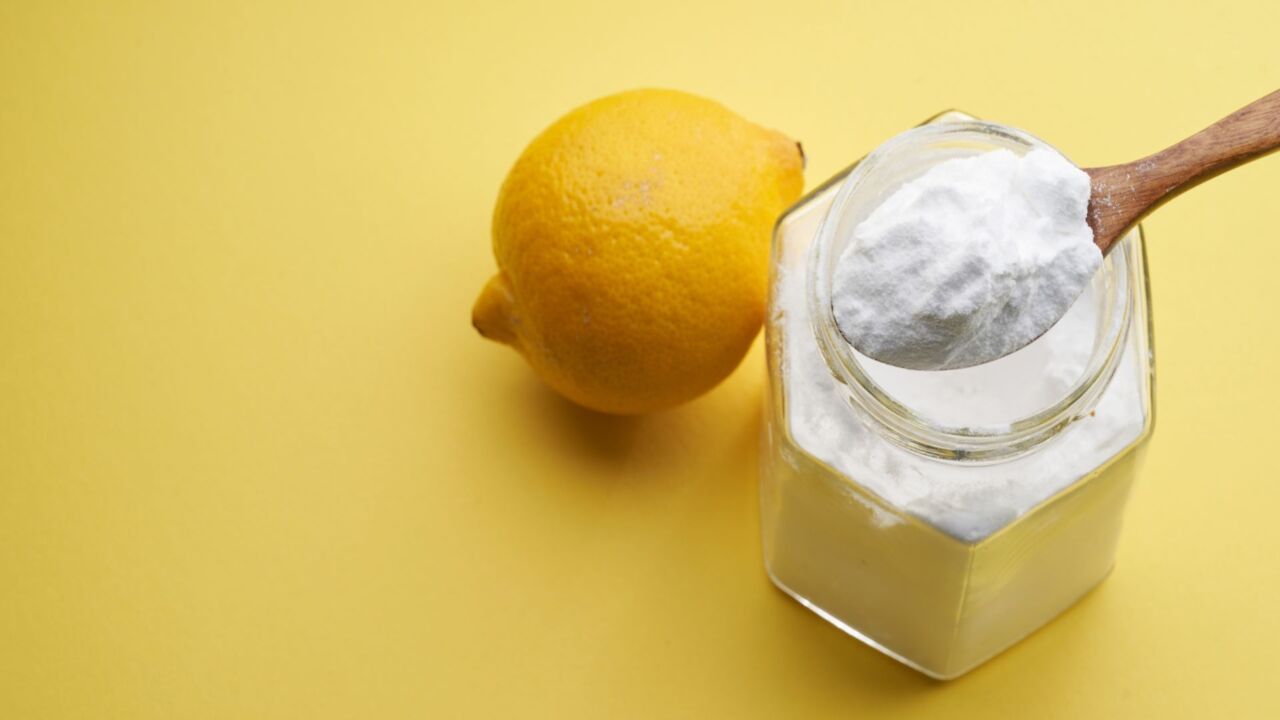

Interior Design
5 Things You Should Never Clean With Baking Soda
Modified: March 2, 2024
Find out why using baking soda on these 5 interior-design items can cause more harm than good. Protect your surfaces and avoid common cleaning mistakes.
(Many of the links in this article redirect to a specific reviewed product. Your purchase of these products through affiliate links helps to generate commission for Storables.com, at no extra cost. Learn more)
Introduction
When it comes to cleaning, baking soda is a versatile and effective ingredient. Its abrasive nature and alkaline properties make it a popular choice for removing stains, deodorizing, and scrubbing various surfaces. However, there are certain items around the house that should never be cleaned with baking soda. While baking soda can work wonders on many household objects, it can cause damage or deterioration to certain materials. In this article, we will explore five things you should never clean with baking soda, to ensure that you protect your belongings and prolong their lifespan.
Key Takeaways:
- Protect your belongings by avoiding baking soda on tile, grout, silverware, stainless steel, non-stick cookware, electronics, and delicate fabrics. Use gentle, material-specific cleaners for optimal maintenance.
- Keep your household items in top condition by opting for specialized cleaners and gentle cleaning methods for delicate materials. Following manufacturer’s care instructions will ensure longevity and optimal performance.
Read more: 15 Things You Can Clean With Baking Soda
Tile and Grout
Baking soda is often hailed as a miracle cleaner for tiles and grout due to its abrasive nature. While it can indeed remove surface stains and grime, using it on tile and grout regularly can lead to damage over time. The abrasive particles in baking soda can wear down the protective sealants on tiles, causing them to become dull and prone to scratching. Similarly, the rough texture of baking soda can strip away the protective layer on grout lines, making them more susceptible to discoloration and moisture absorption.
Instead of using baking soda, opt for gentle tile and grout cleaners specifically designed for the task. These cleaners are formulated to effectively remove dirt and stains without compromising the integrity of the surfaces. Regular maintenance practices, such as sweeping or vacuuming loose debris, wiping up spills promptly, and using a mild soap solution for regular cleaning, can help keep your tile and grout looking clean without causing any damage.
Silverware and Stainless Steel
While baking soda can be effective in removing stains and tarnish from silverware, it is not recommended for regular cleaning. The abrasive properties of baking soda can scratch and dull the delicate surface of silverware, especially if used frequently or vigorously. Scratches on silverware can create crevices where bacteria can accumulate, compromising its cleanliness and hygiene.
Similarly, although stainless steel is known for its durability, using baking soda as a cleaner can still pose risks. The abrasive particles in baking soda can leave micro-scratches on the surface of stainless steel, making it more vulnerable to future staining and corrosion. Over time, this can diminish the appearance and longevity of your stainless steel items.
Instead, for both silverware and stainless steel, it is recommended to use gentle cleaning products specifically designed for these materials. Mild dishwashing soap or specialized silver polish can effectively remove tarnish from silverware without damaging the surface. For stainless steel, opt for non-abrasive cleaners or a mixture of water and vinegar to remove stains and fingerprints. Remember to always rinse and dry thoroughly after cleaning to prevent water spots and corrosion.
Never clean aluminum, marble, waxed surfaces, or antique furniture with baking soda as it can cause damage. Also avoid using it on delicate fabrics.
Non-stick Cookware
Non-stick cookware is designed with a special coating to prevent food from sticking, making it easier to cook and clean. Baking soda, however, can damage the non-stick coating and reduce its effectiveness over time. The abrasive nature of baking soda can scratch and wear away the non-stick surface, leading to food sticking and uneven cooking.
When it comes to cleaning non-stick cookware, it is best to avoid using baking soda altogether. Instead, opt for gentle cleaning methods. Start by letting the cookware cool down after use. Then, soak it in warm soapy water to loosen any food residues. Use a soft sponge or cloth to gently scrub the surface, avoiding any abrasive materials or harsh cleaners. If there are stubborn stains, try using a non-abrasive scrubbing pad or a specialized non-stick cookware cleaner recommended by the manufacturer.
To maintain the non-stick properties of your cookware, it’s important to follow the manufacturer’s care instructions. Avoid using metal utensils, as they can scratch the surface. Instead, use silicone, wooden, or nylon utensils that are gentle on the non-stick coating. Regular cleaning and proper care will help prolong the lifespan of your non-stick cookware and ensure optimal performance.
Electronics
Baking soda is not recommended for cleaning electronics, as it can cause damage to sensitive components and surfaces. Electronics, such as laptops, smartphones, and TVs, have delicate circuitry and screens that can be easily scratched or damaged by the abrasive particles in baking soda.
When it comes to cleaning electronics, it is best to use specialized cleaning products that are specifically designed for electronic devices. These products are formulated to safely remove dust, fingerprints, and smudges without causing any harm. Microfiber cloths are also great for gently wiping away dirt and debris from screens and surfaces, without the need for harsh cleaning agents.
If you want to clean your electronics at home, you can use a soft, lint-free cloth slightly dampened with water or a gentle electronic cleaner. Be sure to avoid spraying any liquids directly onto the device, as excess moisture can seep into the sensitive components and cause permanent damage.
Remember, it’s always a good idea to consult the manufacturer’s guidelines or user manual for specific instructions on how to clean and maintain your electronic devices. Following the recommended cleaning methods will help keep your electronics in optimal condition and ensure their longevity.
Delicate Fabrics
When it comes to cleaning delicate fabrics, such as silk, lace, or cashmere, it’s important to handle them with care and avoid using baking soda. The abrasive nature of baking soda can damage the delicate fibers, leading to fraying, discoloration, or distortion of the fabric.
Instead, it is recommended to follow the care instructions provided by the manufacturer or consult with a professional dry cleaner for the best cleaning method for your delicate fabrics. Dry cleaning is often the safest and most effective option for maintaining the quality of delicate materials, as it involves specialized techniques and solvents that are gentle on the fabric.
If you prefer to clean delicate fabrics at home, there are a few alternatives to baking soda that you can consider. One option is to use mild, gentle detergents specifically formulated for delicate fabrics. These detergents are designed to be gentle on the fibers while effectively removing stains and dirt. Another option is to spot clean the stains using a mixture of mild soap and water, following by gentle blotting with a clean cloth. However, always make sure to test the cleaning solution on a small, inconspicuous area of the fabric first to ensure it doesn’t cause any damage or discoloration.
Additionally, it’s essential to handle delicate fabrics with care during the washing process. Use a delicate or hand wash cycle on your washing machine, or opt to hand wash the items if preferred. Avoid aggressive rubbing or wringing out the fabric, as this can cause unnecessary stress and damage to the fibers. After washing, lay the delicate fabric flat to dry, avoiding direct sunlight or heat sources that could potentially shrink or distort the fabric.
By using the appropriate cleaning methods and treating delicate fabrics with care, you can ensure that they remain in pristine condition for years to come.
Frequently Asked Questions about 5 Things You Should Never Clean With Baking Soda
Was this page helpful?
At Storables.com, we guarantee accurate and reliable information. Our content, validated by Expert Board Contributors, is crafted following stringent Editorial Policies. We're committed to providing you with well-researched, expert-backed insights for all your informational needs.
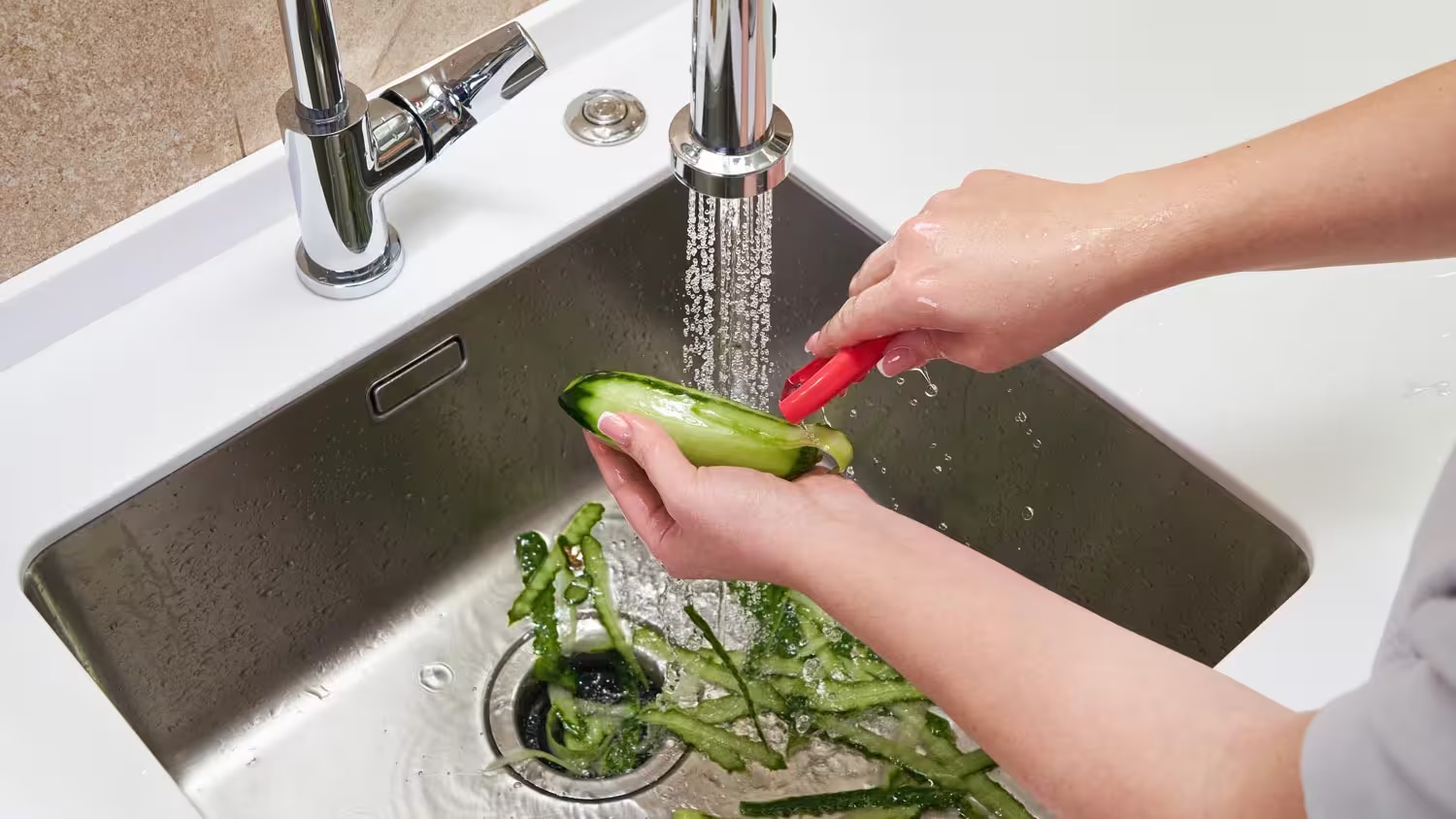
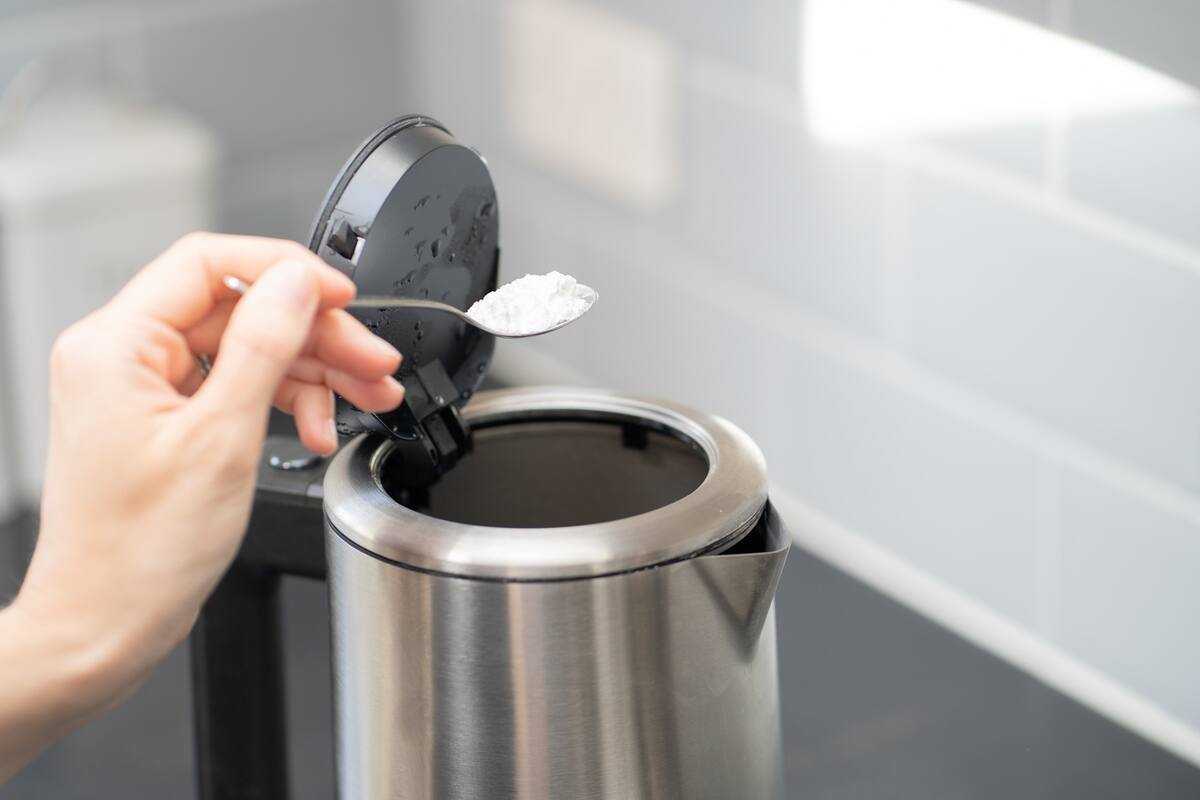


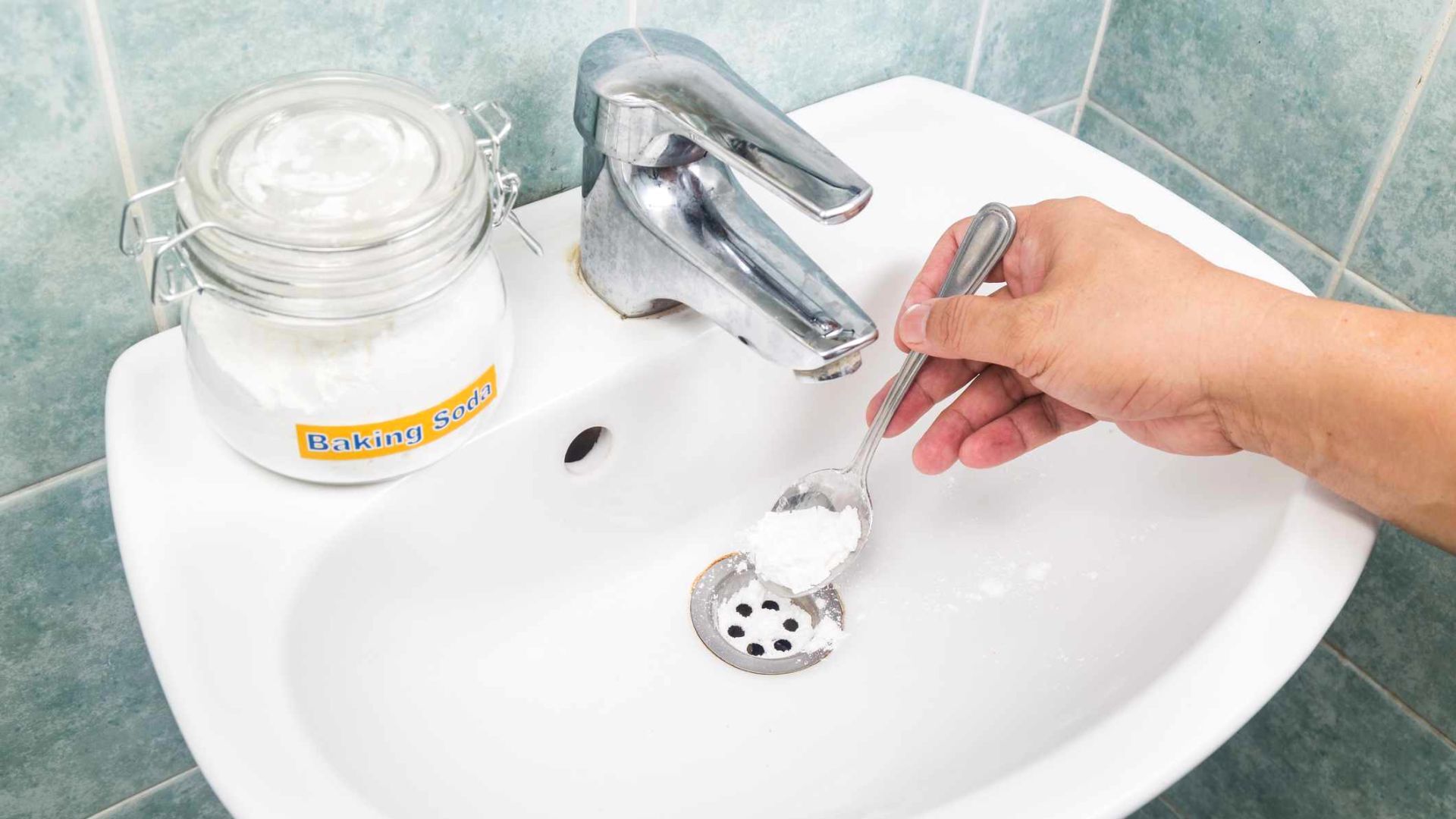
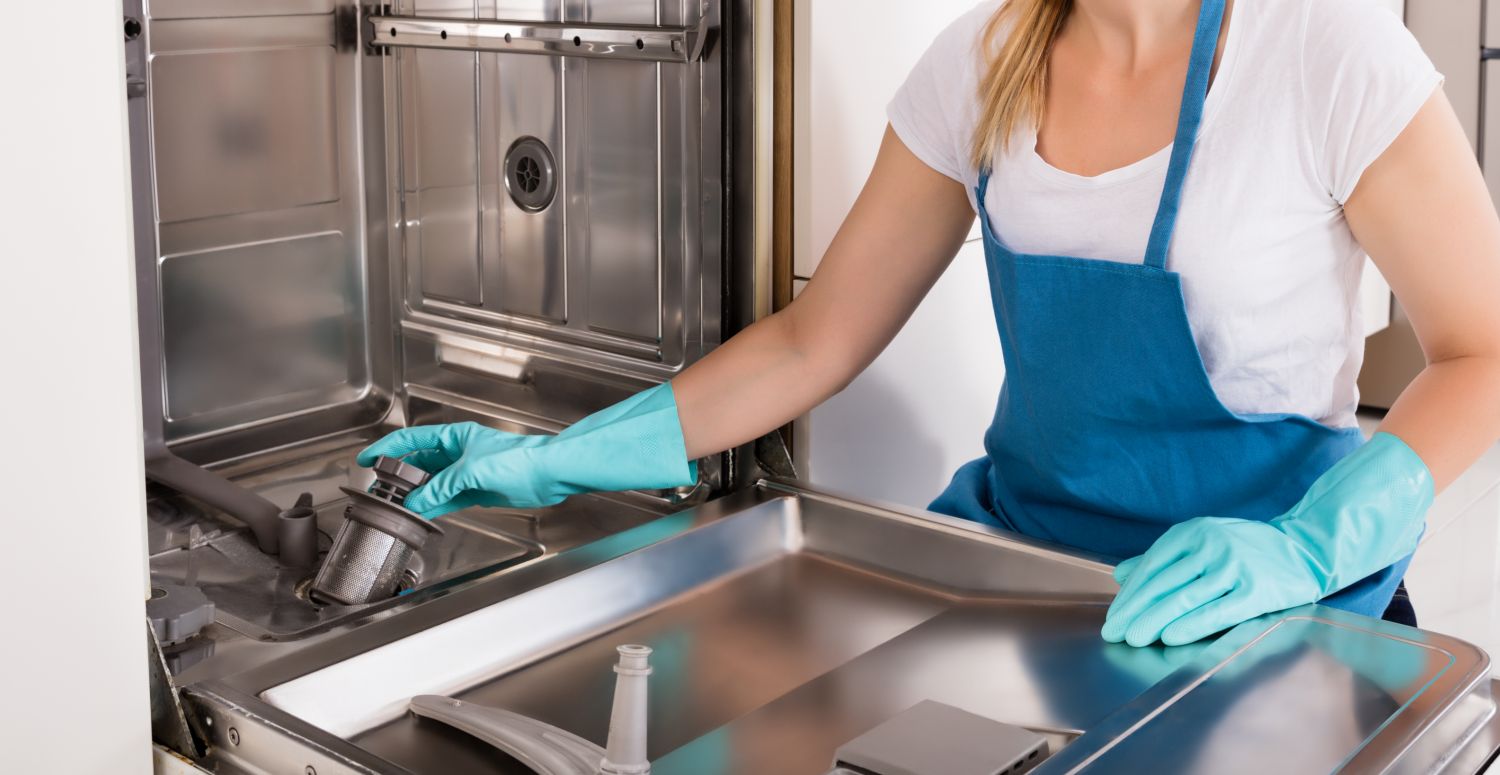
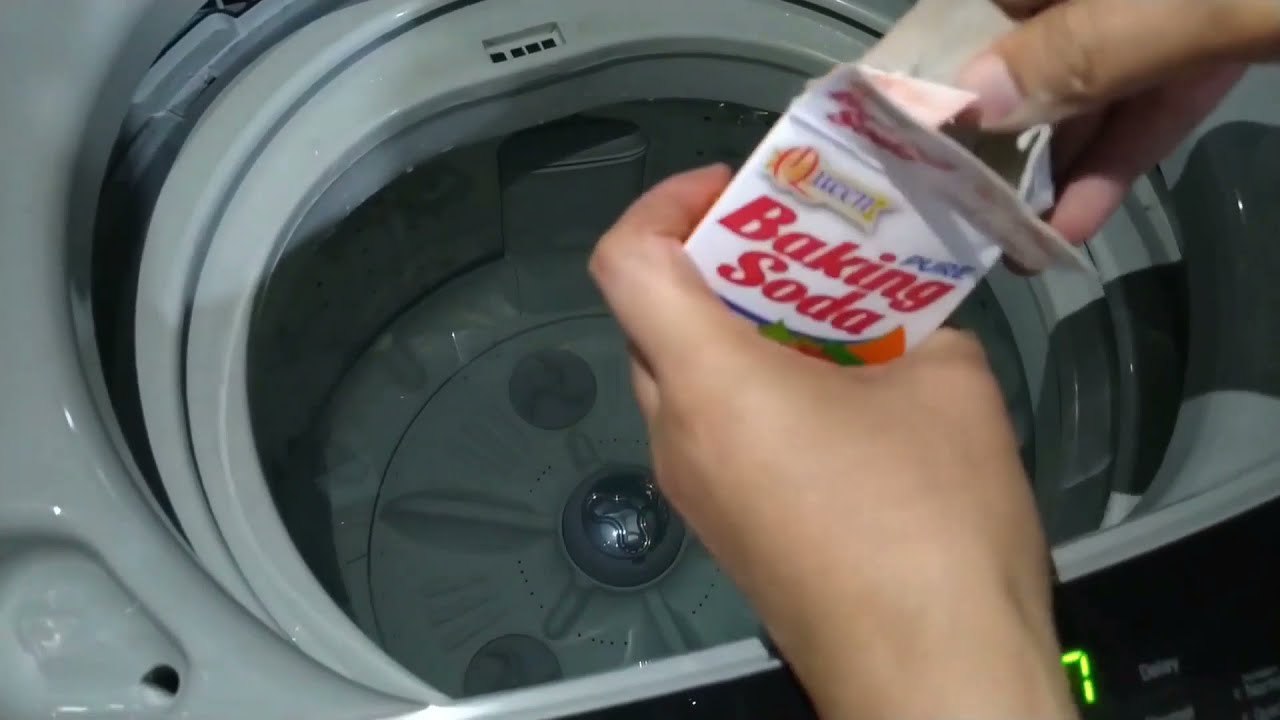
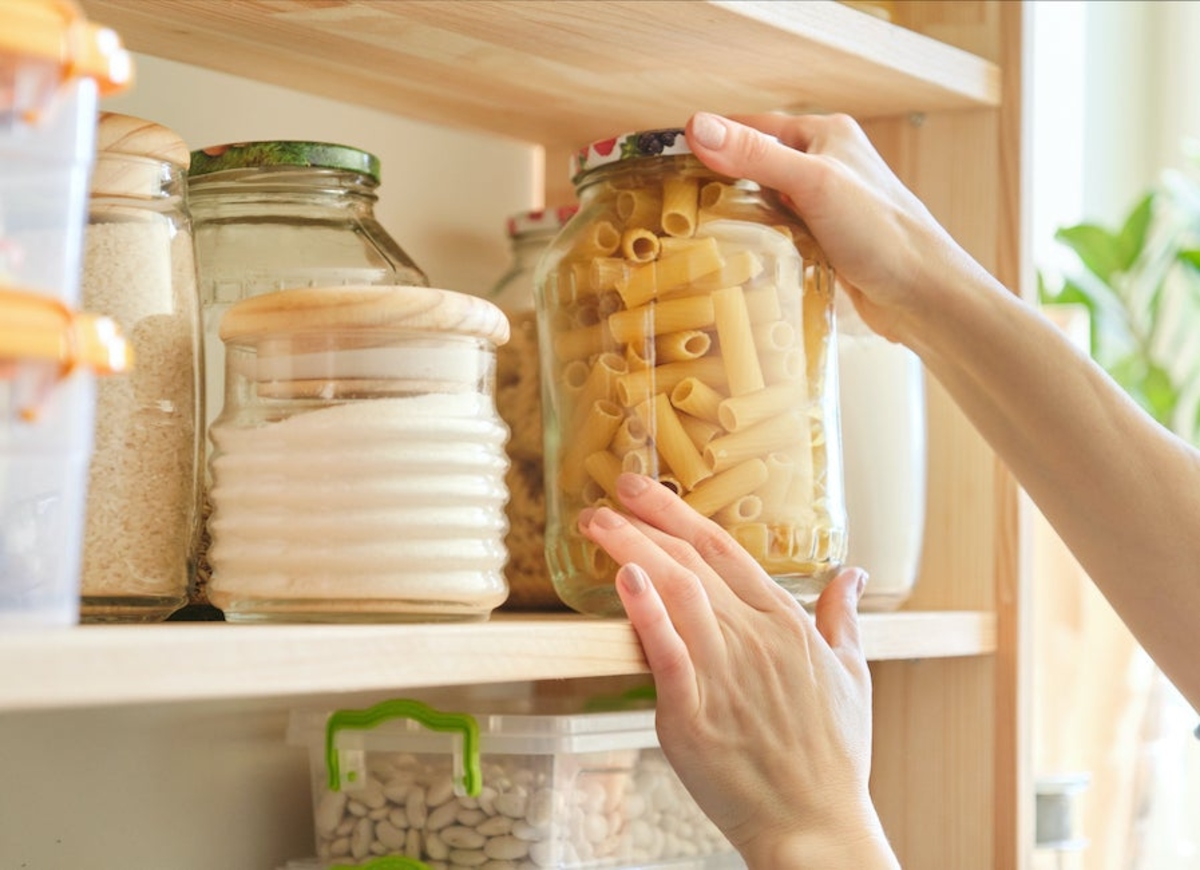
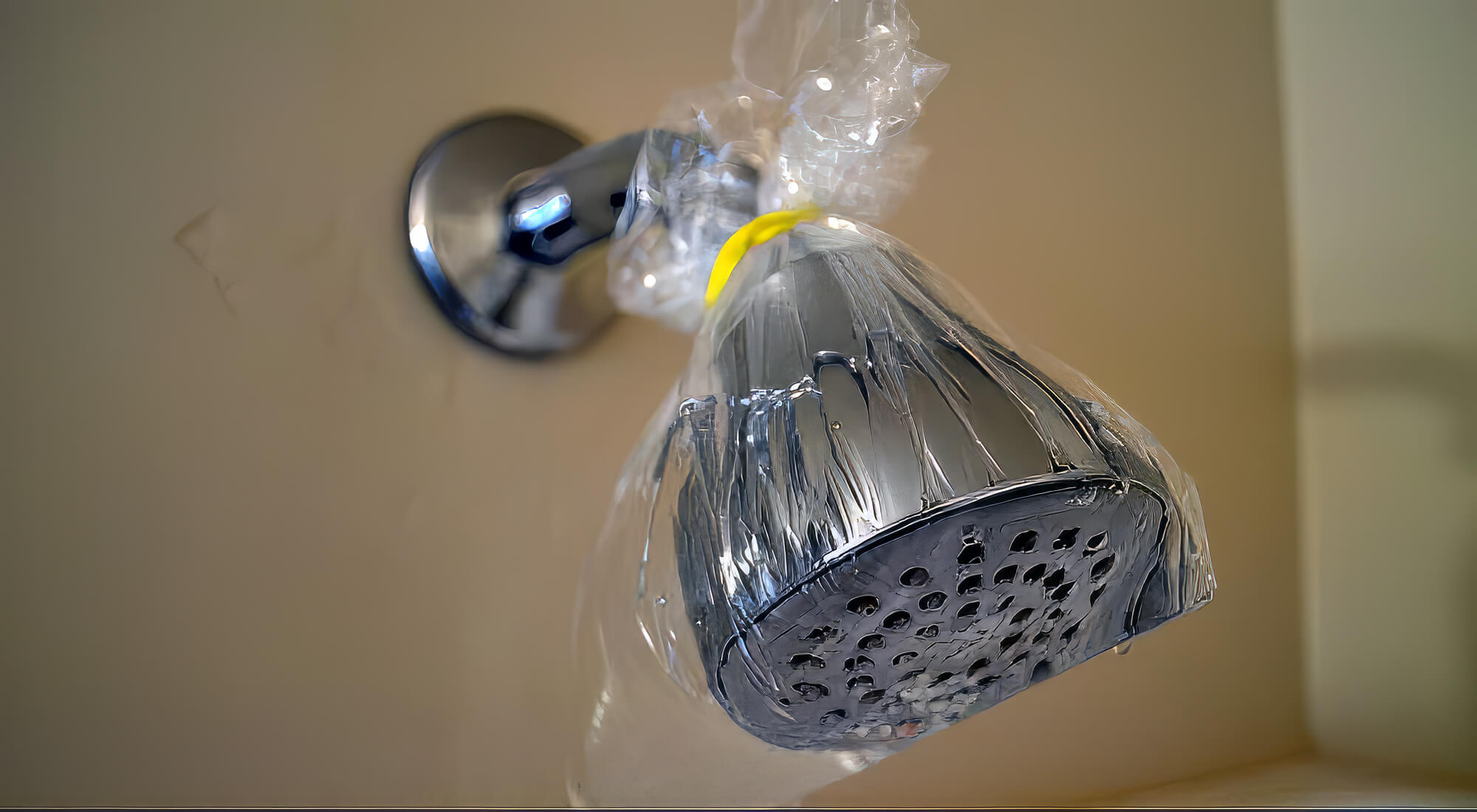
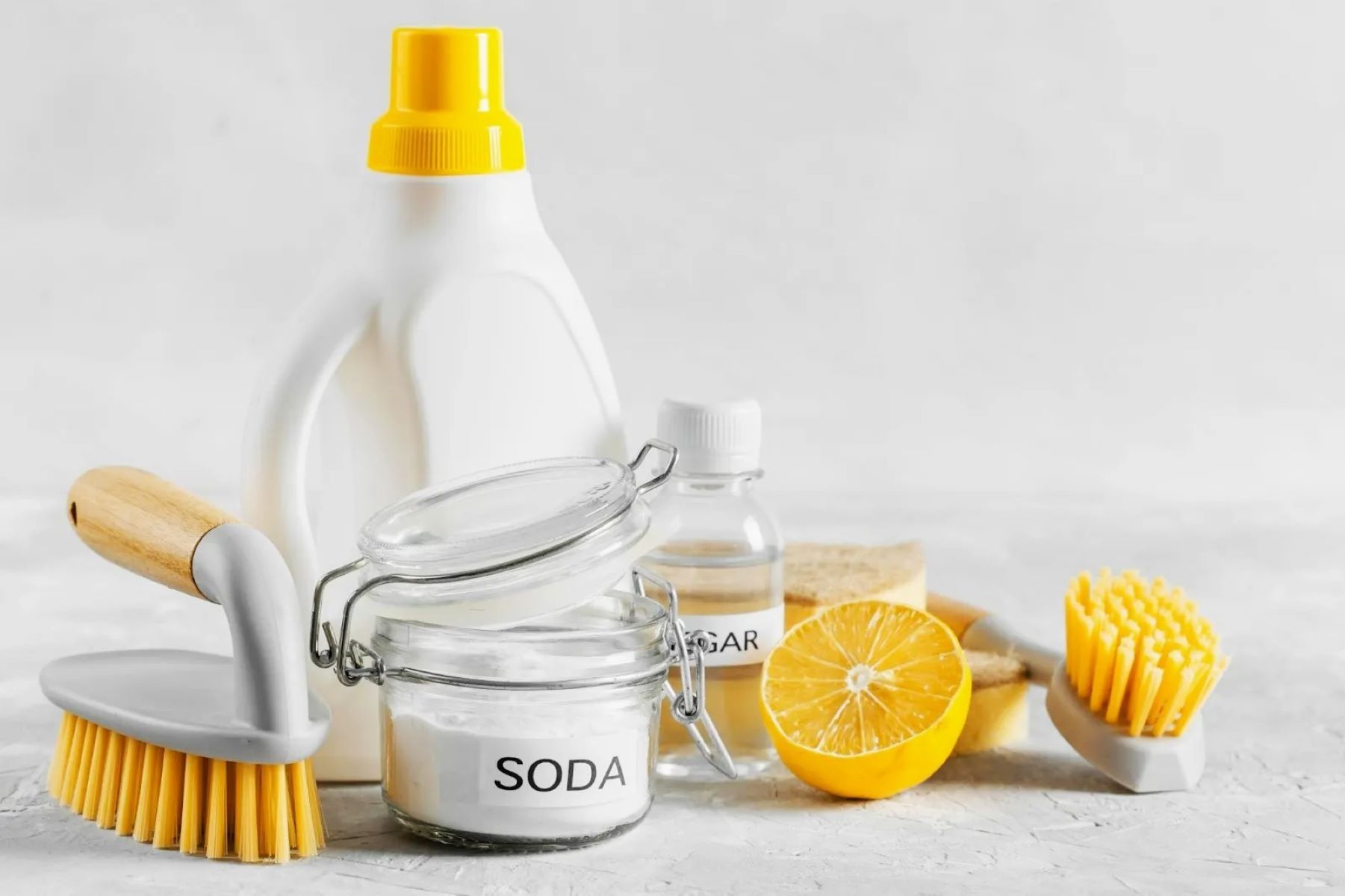

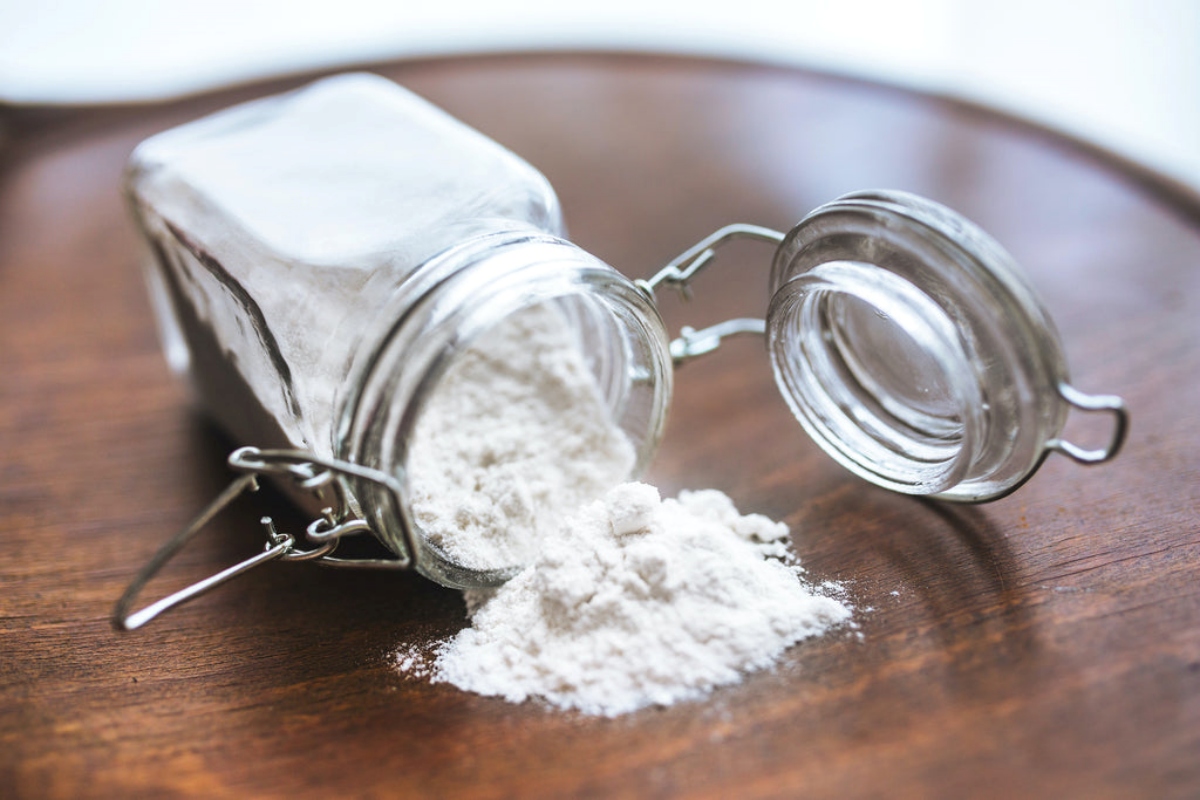
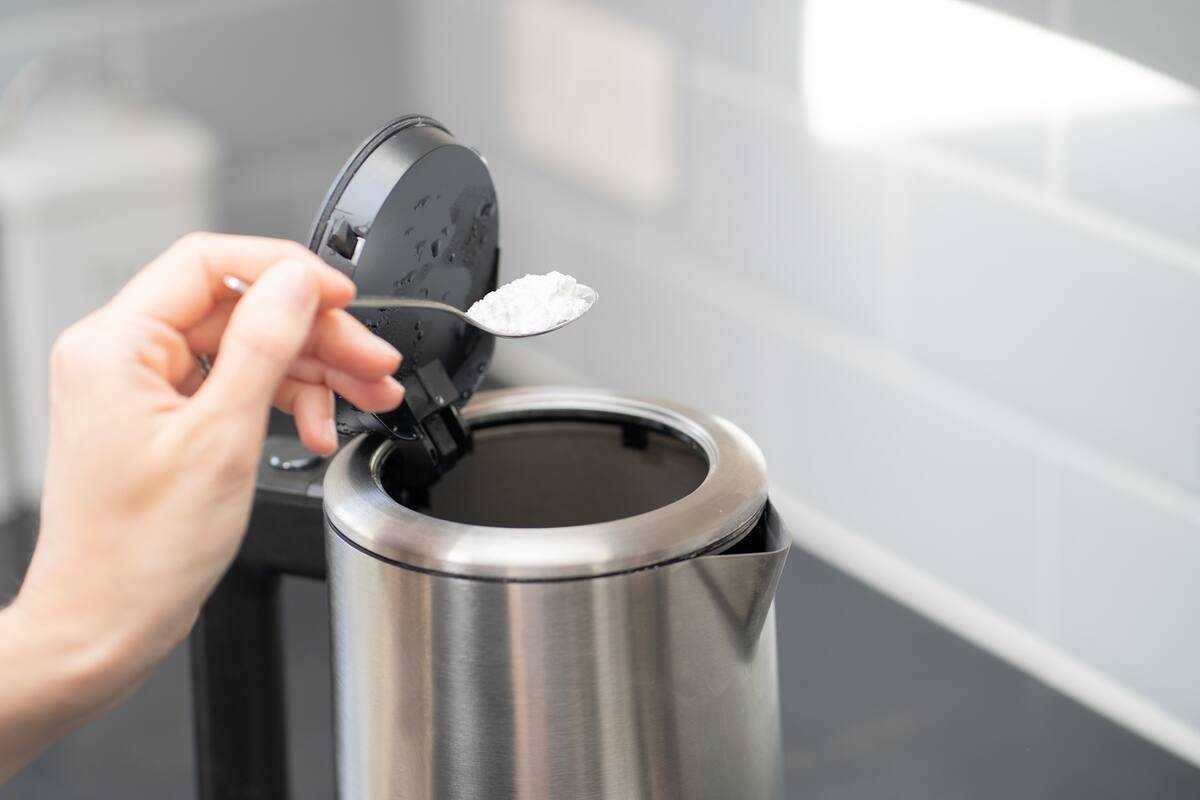
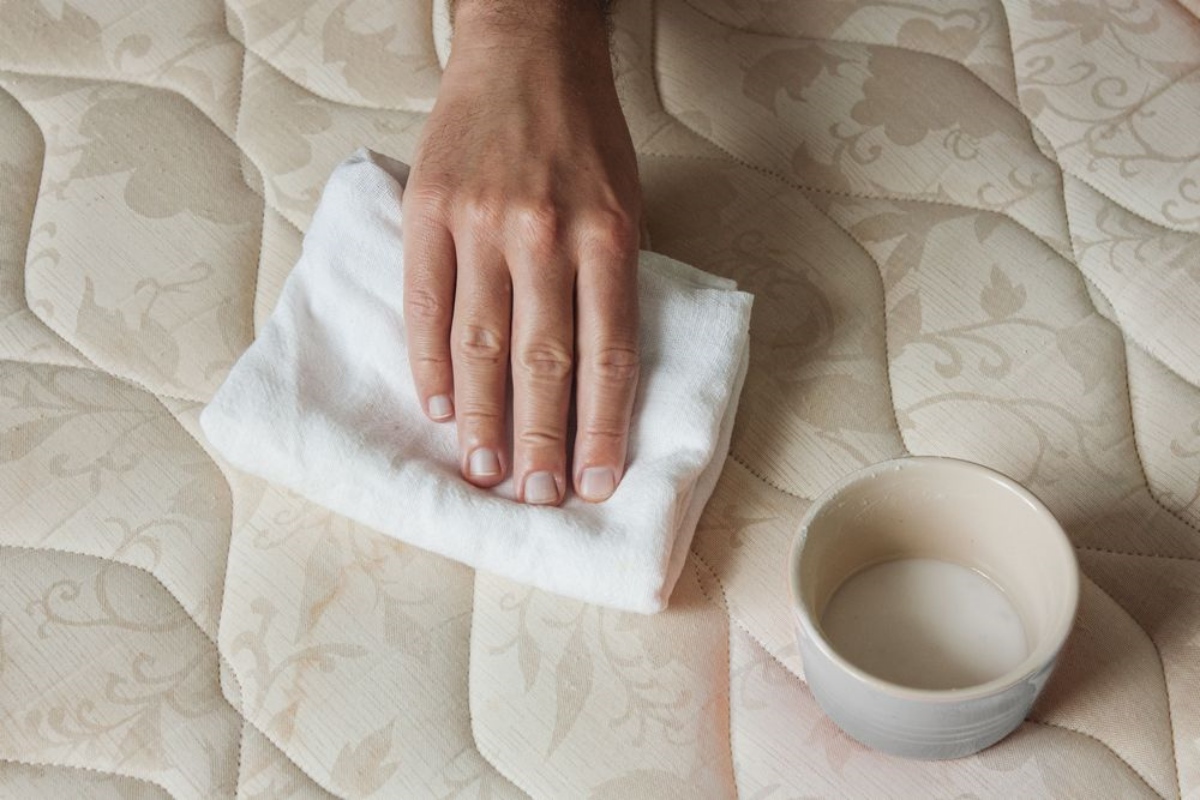

0 thoughts on “5 Things You Should Never Clean With Baking Soda”